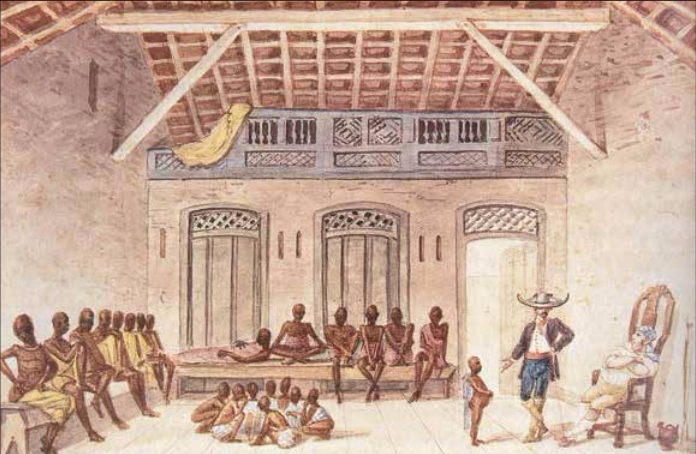With the abolitionist movement in Brazil growing ever more vigorous after the end of slavery in the provinces of Ceará and Amazonas, newly inaugurated prime minister Manuel Pinto de Sousa Dantas, a member of the Liberal Party, presented to the Chamber of Deputies a bill which proposed to emancipate every enslaved person over the age of 60 without any compensation to their owners, as well as the creation of "agricultural colonies" (I couldn't find a better term for that in English) whose plan was to eventually turn the former slaves into small landowners.
Naturally, the Conservative Party was absolutely livid with this proposal, as were several Liberal deputies who came from districts where slavery was still strong. Even so, the "Dantas Project", as the prime minister's bill became known, was defeated in the Chamber of Deputies by a margin of just seven votes, and when he was finally brought down by a vote of no confidence, his government lost by just two votes.
So, what if the Liberals were somehow less divided for whatever reason, and the bill passed? It'll still have to be voted on by the Senate, which was presided by the Baron of Cotegipe (a guy who voted against the Golden Law IOTL), so it'll almost certainly need at least some amendments to pass through the upper house. Dantas was completely against any sort of compensation to the slaveowners (according to the source I'm using he said the idea was monstrous), so even if the bill is watered down somewhat (probably on the bits calling for land reform) I doubt it'll be to the extent it was IOTL, with the Saraiva-Cotegipe Law.
Last but definitely not least, will this make the end of the monarchy more or less likely ITTL? The Dantas Project's success will empower the radical wing of the Liberal Party, which included guys like Ruy Barbosa.
@Aluma @ByzantineCaesar @Gukpard @John I of Brazil @Kaiser of Brazil @Taunay
Naturally, the Conservative Party was absolutely livid with this proposal, as were several Liberal deputies who came from districts where slavery was still strong. Even so, the "Dantas Project", as the prime minister's bill became known, was defeated in the Chamber of Deputies by a margin of just seven votes, and when he was finally brought down by a vote of no confidence, his government lost by just two votes.
So, what if the Liberals were somehow less divided for whatever reason, and the bill passed? It'll still have to be voted on by the Senate, which was presided by the Baron of Cotegipe (a guy who voted against the Golden Law IOTL), so it'll almost certainly need at least some amendments to pass through the upper house. Dantas was completely against any sort of compensation to the slaveowners (according to the source I'm using he said the idea was monstrous), so even if the bill is watered down somewhat (probably on the bits calling for land reform) I doubt it'll be to the extent it was IOTL, with the Saraiva-Cotegipe Law.
Last but definitely not least, will this make the end of the monarchy more or less likely ITTL? The Dantas Project's success will empower the radical wing of the Liberal Party, which included guys like Ruy Barbosa.
@Aluma @ByzantineCaesar @Gukpard @John I of Brazil @Kaiser of Brazil @Taunay
Last edited:

